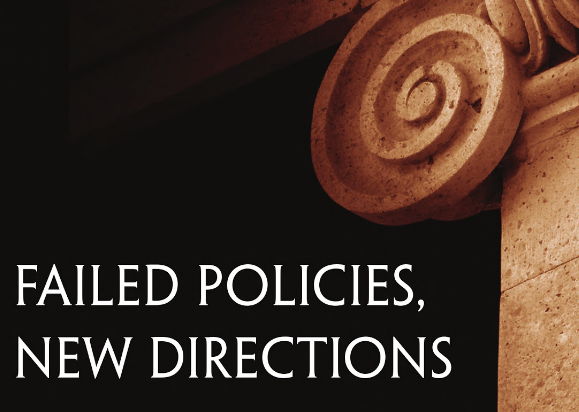Jill Levenson, a clinical social worker and associate professor at Barry University in Florida
Jill S. Levenson is an American social worker and professor of social work at Barry University, known for her research into “the way society monitors and treats sexual criminals.”[1] She has been a co-investigator or consultant on five grants funded by the U.S. Department of Justice, researching the impact and effectiveness of social policies and therapeutic interventions designed to reduce sexual violence. Most recently, her ground-breaking research has focused on the prevalence and impact of adverse childhood experiences and their relationship to adult psychosocial problems and criminality. She has published over 100 peer-reviewed articles and book chapters, many of which have been about adverse childhood experiences and the implications for trauma-informed care.
She is frequently invited to present at various state, local, and national conferences as a keynote speaker about trauma-informed care in clinical, correctional, and forensic settings. In 2016 she was invited to present in Florida, Pennsylvania, New Jersey, New York, Oregon, Idaho, Michigan, and New Zealand, to provide TIC training for clinical and forensic practitioners.
Levenson has criticized sex offender registries for what she claims is their ineffectiveness, telling NPR in 2015 that “The consensus of that [policy] research does not point in the direction of registries reducing sexual crimes or sexual recidivism.”[1] She has expressed similar views about laws restricting where sex offenders can legally live, acknowledging that these laws are well-intended but saying that “they don’t really address the most common types of situations children are abused in,” because “Children are much more likely to be sexually abused by someone they know and trust.”[3] She has also been critical of the use of GPSs to monitor sex offenders, because, according to her, the technology is used too sweepingly and its capabilities are overestimated.[4]
Sexual Offending: Predisposing Antecedents, Assessments and Management
This expert reference provides a broad, comprehensive review of the major domains of sexual offending. Beginning with an integrated etiological model of sexual offending, chapters follow addressing the primary predisposing conditions related to sexual offending (e.g. pedophilic, hebephilic, paraphilic rape and non-contact paraphilic disorders, hyper sexuality and personality factors). In addition, special subgroups of sexual offenders (females, youth and the intellectually disable) are considered. Both broad and specific perspectives on the assessment of sexual offenders are provided. Overviews are offered of clinical and forensic evaluations of such offenders and the utility of structured psychological assessment. A novel conceptual model of risk assessment is proposed. More specifically, each of the primary approaches or instruments related to risk assessment of sexual offending are addressed: the Static risk assessment measures, the Sex Offender Risk Appraisal Guide, structured professional judgment, and the varied measures of dynamic or criminogenic needs assessment. Finally, multiple aspects of management of sexual offenders are discussed including models of psychosocial treatment, the question of the effectiveness of such treatment, biological interventions, civil commitment, circles of support, and the containment approach to community management. Chapters are authored by both prominent experts and experienced professionals for a breadth of perspective.
Among the topics covered:
- Pedophilic, Hebephilic, Rape Paraphilic Disorders and the variety of Non Contact sexual offending conditions
- Personality, related conditions, & their association with sexual offending: motivators and disinhibition in context.
- Disorders of hyper sexuality.
- Assessments of sexual offenders, including the role of psychological testing, clinical & interview approaches, as well as forensic evaluations
- Conceptual models of risk assessment & discussion of specific static, dynamic & structured clinical risk assessment approaches
- Models of & reviews of treatment outcome with sexual offenders, including psychotherapy, psychopharmacology and castration, the containment approach, civil commitment & circles of support
- Overview of public policy issues & an evidence-based perspective on sex offender registration and residential restrictions.
This breadth of material in Sexual Offenders will help practitioners gain multiple levels of clinical insight as well as giving them up-to-date practical tools and techniques for working with this problematic class of individuals.
also https://books.google.com/books?id=81PwAwAAQBAJ&pg=PR9&lpg=PR9&dq=Jill+Levenson,+a+clinical+social+worker+and+associate+professor+at+Barry+University+in+Florida&source=bl&ots=zYxeircKz5&sig=g1tbcn6BtIMRbTGKCPxQyfub9_8&hl=en&sa=X&ved=0ahUKEwiWh56GwIzUAhUqqFQKHT5mBtEQ6AEIRzAG#v=onepage&q=Jill%20Levenson%2C%20a%20clinical%20social%20worker%20and%20associate%20professor%20at%20Barry%20University%20in%20Florida&f=false

